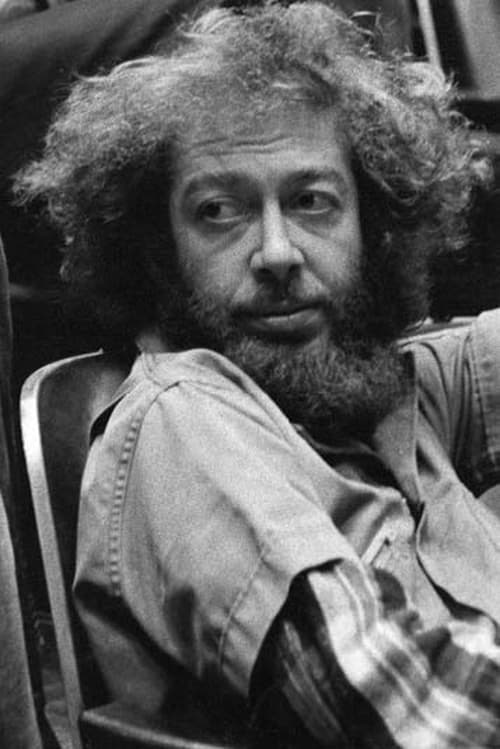Matrix [First Dream] (1979)
Жанр :
Время выполнения : 28М
Директор : Hollis Frampton
Краткое содержание
A film of multiple superimpositions, utilizing the images of Solariumagelani (Summer Solstice, Autumnal Equinox, and Winter Solstice) (1974) overlaid with the hexagonal shapes that recur throughout Frampton's Magellan cycle.

A deconstruction of Dog Star Man that takes the four rolls and shows them first combined, then each combination of three rolls, then each combination of two rolls, then each individual roll. The plot is of a man who goes up a mountain with a dog to chop down a tree but has some unspecified transcendental experience while he is there.
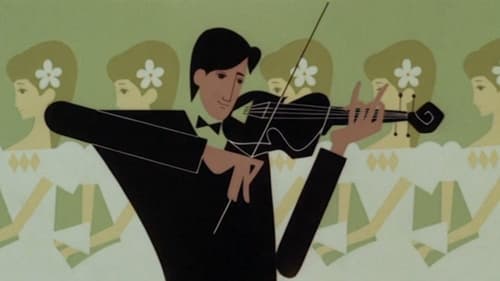
Могут ли общаться другом с другом обыкновенные плакаты, развешанные на улице? Может ли один плакат влюбиться в другой? Ещё как могут! История, где героями могут быть висящие на стене плакаты, девочка, которая дружит с плюшевым мишкой или шаловливая ночная бабочка, привлекаемая светом уличного фонаря.

The creation of Earth and Mankind. And how God changed his mind.

Experimental filmmaker Pip Chodorov traces the course of experimental film in America, taking the very personal point of view of someone who grew up as part of the experimental film community.

Big dreams, big blunts, big rims, and big guns. It's time to get gangsta gangsta. Ninja and Yo Landi are wheelchair-bound lovers and real gangstas. They live in the outskirts of civilization, they shoot guns for fun, smoke massive joints, and sleep in the woods. They don't have any bling to show for their gangsta cred, but the world deserves to know who they are. They're tramps, and their wheels are starting to fall off. Ninja become despondent over their vagabond existence, but Yo Landi won't let him give up. What ensues is straight up gangsta mayhem, the realist of the real, true gangsta shit.

In a deconstruction of classic Hollywood codes, using repetitive single frame images, the re-editing of teenager movies produces an intense Oedipal drama.

Pierre Clémenti's Soleil presents a psychedelic meditation on his life and his detention in an Italian Prison in 1972.

An experimental short film by John Whitney Sr. which combines animated shapes and colors; Computer graphics as dynamic, swirling art.

A tilted figure, consisting largely of right angles at the beginning, grows by accretion, with the addition of short straight lines and curves which sprout from the existing design. The figure vanishes and the process begins again with a new pattern, each cycle lasting one or two seconds. The complete figures are drawn in a vaguely Art Deco style and could be said to resemble any number of things, an ear, a harp, panpipes, a grand piano with trombones, and so on, only highly stylized. The tone is playful and hypnotic.
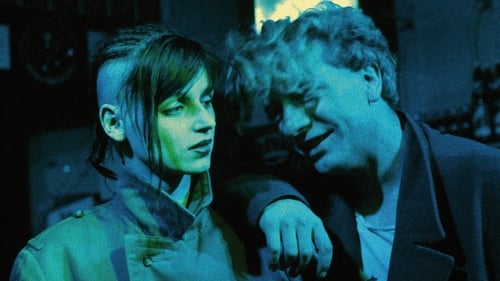
Главный герой Ф. М. проводит время за странными аудиоэкспериментами, его не менее «фриковая» подруга Кристиана работает в пип-шоу, и помешана на лягушках. Однажды Ф. М. узнаёт, что в местной сети фаст-фуд используется «зомбирующая» музыка Muzak, и хочет воспрепятствовать этому. Во сне ему является загадочный старик, подсказывающий направление поисков. После этого Ф. М. знакомится с группой подпольщиков — «информационных пиратов», которые помогают ему в его борьбе. Но представители корпорации Muzak пытаются расстроить его планы, и посылают своего агента Йагера охотиться за молодым человеком…

Wavelength consists of almost no action, and what action does occur is largely elided. If the film could be said to have a conventional plot, this would presumably refer to the three “character” scenes. In the first scene two people enter a room, chat briefly, and listen to “Strawberry Fields Forever” on the radio. Later, a man (played by filmmaker Hollis Frampton) enters inexplicably and dies on the floor. And last, the female owner of the apartment is heard and seen on the phone, speaking, with strange calm, about the dead man in her apartment whom she has never seen before.
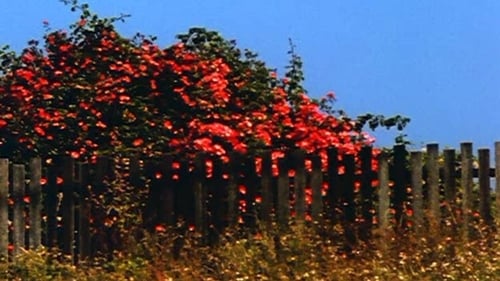
Неторопливое путешествие вдоль длинного заборчика в прекрасный летний день под голос Эллы Фитцджеральд.
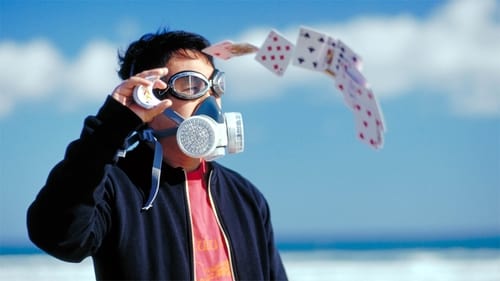
2015 год. В мире свирепствует странный вирус, который, проникая в мозг человека, заставляет его покончить с собой. В Японии уже убили себя 10 миллионов человек. Нет никакого способа бороться против этой инфекции, несущей страх и отчаянье. Средства массовой информации называют эту болезнь «синдромом лемминга»... Мизуи и его напарник – музыканты-авангардисты. Они создают музыку-шум, извлекая ее из всего, что им удается найти. Они, кажется, не замечают происходящих вокруг них событий, пока к ним не приезжает некий стареющий магнат со своим телохранителем и своей внучкой. Внучка заражена вирусом. Оказывается, на концертах Мизуи и его друга заболевшие исцеляются. Магнат просит их исцелить его внучку, но музыканты поначалу не решаются ответить ему согласием, потому что не верят в благополучный исход дела.

Vertical Features Remake is a film by Peter Greenaway. It portrays the work of a fictional Institute of Reclamation and Restoration as they attempt to assemble raw footage taken by ornithologist Tulse Luper into a short film, in accordance with his notes and structuralist film theory. The footage consists mostly of vertical landscape features, such as trees and posts, shot in the English landscape.

Experimental film fragment made with the Edison-Dickson-Heise experimental horizontal-feed kinetograph camera and viewer, using 3/4-inch wide film.

The Mexican Gelsen Gas side by side with Alexandro Jodorowsky (Fando y Lis, El Topo, The Holy Mountain and others) appeared as a theater director, artist and poet, had an idea about staging haiku's that would reflect the sexually-charged and politically streaming time. Early in the film finds a man buried a few rolls of film in the desert.

Part documentary, part personal essay, this experimental film combines archive imagery with the striking wintry landscapes of Alaska to tell the story of immigrant experience coming into the UK from 1960 onwards.

Maya Deren’s shortest, two-minute A Study in Choreography for Camera seems like an exercise piece to capture a dancer’s movement on celluloid, which later on developed into her masterpieces such as Ritual in Transfigured Time and Meditation on Violence.
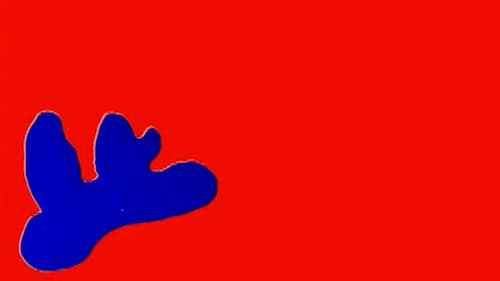
An experimental film in which both sound and visuals were created entirely by Norman McLaren drawing directly upon the film with ordinary pen and ink. The main title is in eight languages. Rereleased with multilingual titles in 1949.

